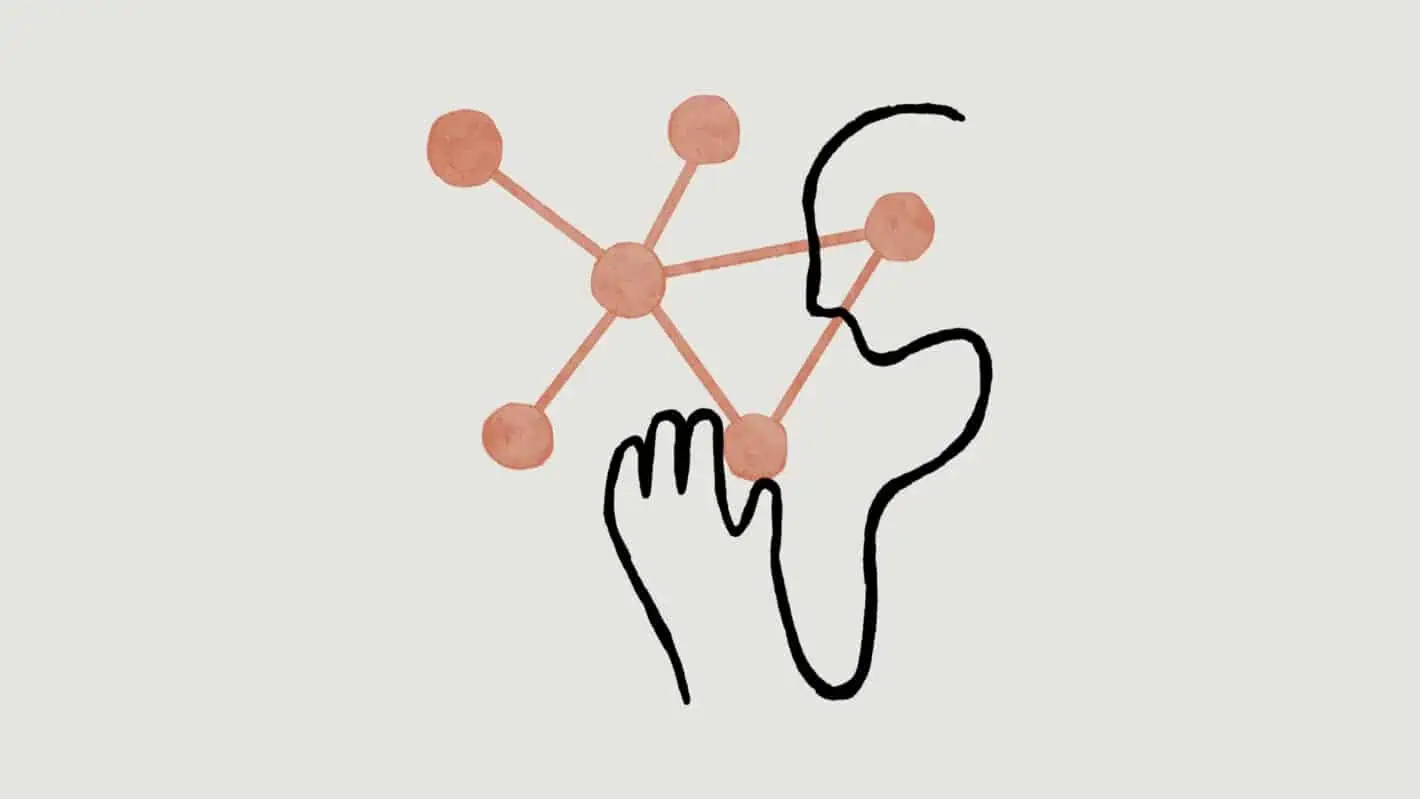Business
Anthropic to Pay Authors $1.5 Billion in Historic AI Settlement

In a groundbreaking development for the artificial intelligence sector, Anthropic, the parent company of the chatbot Claude, has agreed to pay authors a substantial sum of $1.5 billion in a landmark settlement. This decision arises from a class-action lawsuit led by authors Andrea Bartz, Charles Graeber, and Kirk Wallace Johnson, which challenged the legality of how AI companies obtain data for training their models.
The lawsuit specifically accused Anthropic of building its AI business on the illegal use of books sourced from pirated datasets. This allegation is significant as it distinguishes the case from previous rulings where the use of legally purchased books for AI training was deemed “fair use.” The outcome of this case could redefine copyright law in the AI landscape.
Settlement Details and Implications
The settlement represents a notable victory for the plaintiffs, potentially marking the largest copyright recovery in United States history. Under the terms of the agreement, approximately $3,000 will be allocated per book, and Anthropic is required to destroy the pirated datasets that were employed in its training processes. By reaching this settlement, Anthropic avoided a trial that could have resulted in an even larger financial liability.
The timing of this settlement is particularly noteworthy. It follows a recent funding round in which Anthropic secured $13 billion. This financial boost places the company in a robust position to manage the substantial payout and continue its operations without significant disruption.
A Message to the AI Industry
This settlement sends a clear signal to the broader AI industry about the importance of ethical data sourcing. While the regulatory framework surrounding AI is still evolving, companies are increasingly held accountable for their data practices. As the competition to develop innovative AI models intensifies, this case establishes a precedent that the pursuit of technological advancement does not justify unlawful actions.
The ongoing debates surrounding AI and copyright law will undoubtedly continue, but this development underscores the fact that creators have a platform to voice their concerns. It also hints at the beginnings of a new legal framework that aims to balance innovation with respect for intellectual property rights.
As the AI landscape evolves, the outcome of this case may shape future interactions between technology firms and content creators, ensuring that the rights of authors and artists are preserved in an increasingly digital world.
-

 Politics1 month ago
Politics1 month agoSecwepemc First Nation Seeks Aboriginal Title Over Kamloops Area
-

 World5 months ago
World5 months agoScientists Unearth Ancient Antarctic Ice to Unlock Climate Secrets
-

 Entertainment5 months ago
Entertainment5 months agoTrump and McCormick to Announce $70 Billion Energy Investments
-

 Lifestyle5 months ago
Lifestyle5 months agoTransLink Launches Food Truck Program to Boost Revenue in Vancouver
-

 Science5 months ago
Science5 months agoFour Astronauts Return to Earth After International Space Station Mission
-

 Lifestyle3 months ago
Lifestyle3 months agoManitoba’s Burger Champion Shines Again Amid Dining Innovations
-

 Technology4 months ago
Technology4 months agoApple Notes Enhances Functionality with Markdown Support in macOS 26
-

 Top Stories2 months ago
Top Stories2 months agoUrgent Update: Fatal Crash on Highway 99 Claims Life of Pitt Meadows Man
-

 Top Stories2 weeks ago
Top Stories2 weeks agoHomemade Houseboat ‘Neverlanding’ Captivates Lake Huron Voyagers
-

 Politics4 months ago
Politics4 months agoUkrainian Tennis Star Elina Svitolina Faces Death Threats Online
-

 Sports5 months ago
Sports5 months agoSearch Underway for Missing Hunter Amid Hokkaido Bear Emergency
-

 Politics5 months ago
Politics5 months agoCarney Engages First Nations Leaders at Development Law Summit





















